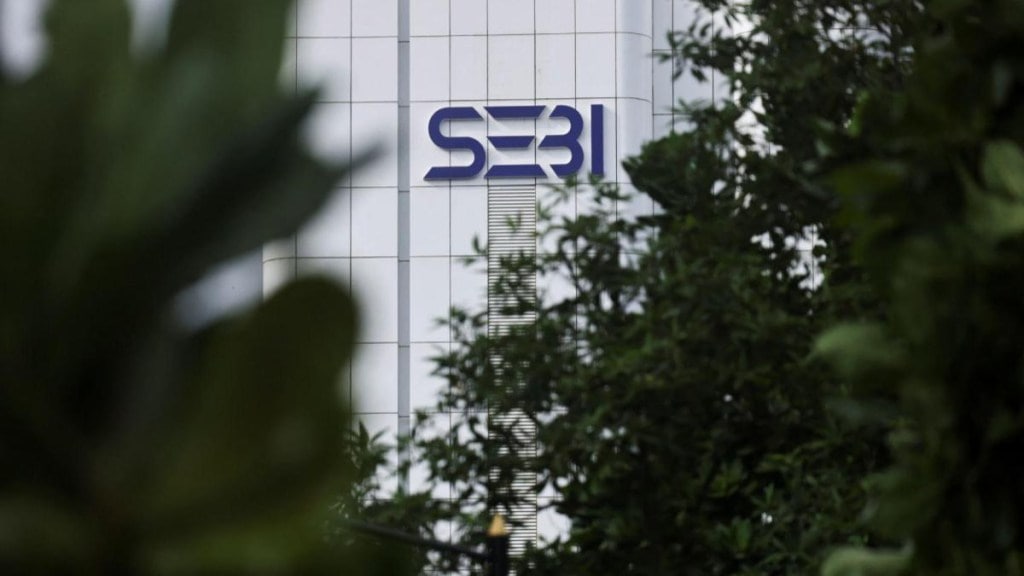The Securities and Exchange Board of India (Sebi) has reconstituted its Alternative Investment Policy Advisory Committee (AIPAC) for the second time since the inception in 2015. The 20-member committee had expanded to 25 in 2022 and now has 22 members.
Janmejaya Sinha, who is also the chairperson of Boston Consulting Group (BCG) in India had replaced N R Narayana Murthy, founder of Infosys the previous chairperson, as the chair of AIPAC.
The newly appointed members include Rajan Anandan, managing director at Peak XV Partners; Rajiv Raghunandan, a partner of Arali Ventures; Vineet Rai, chairman of Aavishkar Group; Shweta Rajpal Kohli, President and CEO of Startup Policy Forum and Jiju Vidyadharan, senior director, Crisil Intelligence.
“The committee will identify and address regulatory and market hurdles, recommend measures to deepen the alternative investment and startup industry, and guide Sebi on areas requiring cross-regulatory coordination or policy intervention,” a note said.
In its new form, the committee and Sebi are focused on onboarding more accredited investors in the ecosystem, said several experts. The regulator’s near-term plan is to incentivise investors to become accredited and also to give greater avenues for funds that have higher number of such qualified investors.
India has the sixth-highest Ultra-HNI population globally and ranks third in Asia, leading to the phenomenal rise in assets of alternate funds (AIFs).
The first AIPAC rejig was in 2022, when the number was increased to 25. The new representatives from Sebi among the 22 members will be Aparna Thyagarajan, chief general manager at Sebi and Ruchi Chojer, an executive director.
“The committee actively discusses all the new measures suggested by Sebi and then there are several subcommittees,” said AIPAC member Naresh Kothari, Managing Partner at Alpha Alternatives.
In recent times, Sebi and the Reserve Bank of India (RBI) introduced many measures to support the AIF ecosystem. In May 2025, the RBI proposed relaxing investment norms for its regulated entities (like banks and NBFCs) into AIFs. Sebi introduced a framework for co-investment schemes in Category I and II AIFs in September.
With increased market volatility in secondary markets and geopolitical storms, affluent investors are using AIFs to diversify their portfolios and gain exposure to private credit, venture capital, infrastructure, and other alternative assets. In recent months, AIFs’ investments in real estate has spiked notably

